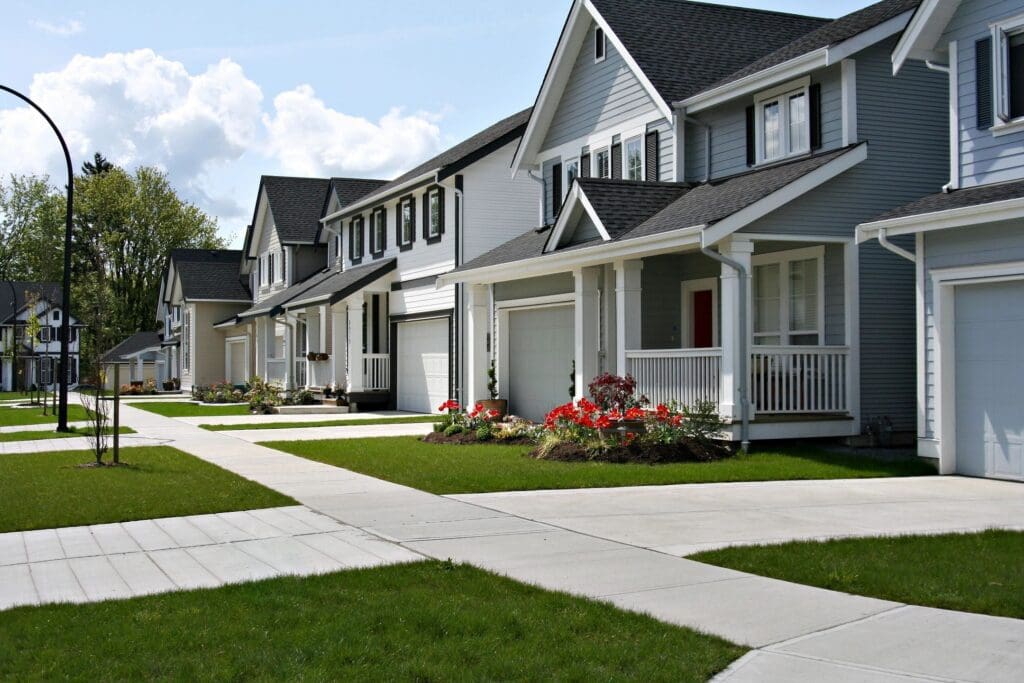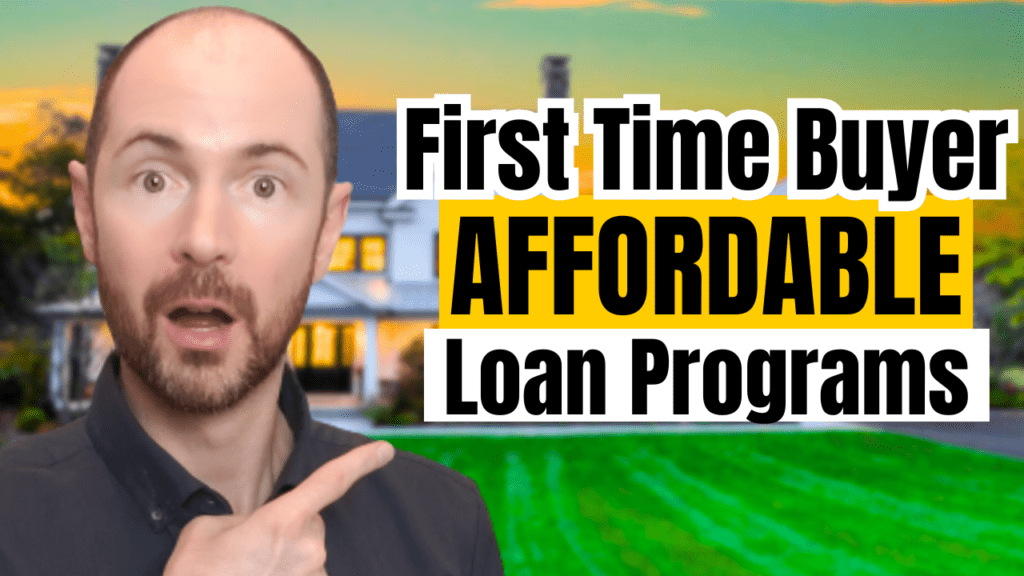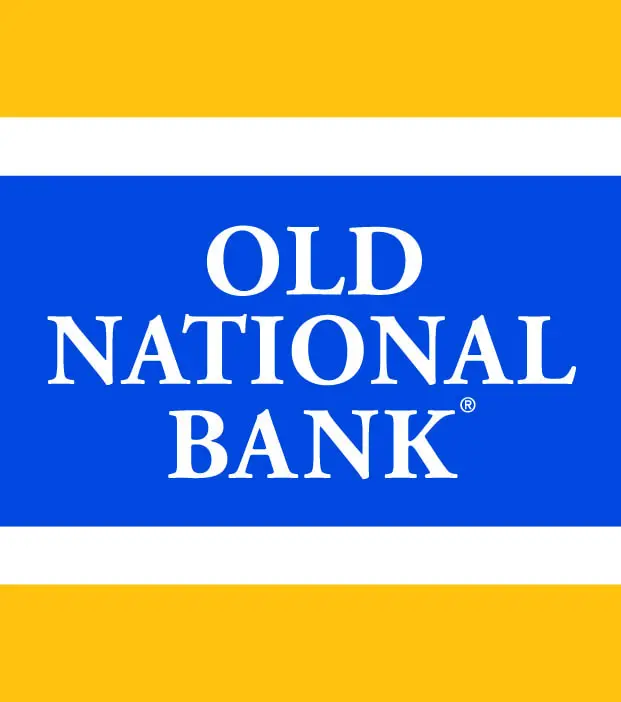The BEST First-Time Home Buyer Programs
If you’re stepping into the world of first-time home buyer programs, you’ve likely encountered a lot of information that can sometimes be confusing and even misleading. In this article, we’re embarking on a journey through the complex world of mortgages, shedding light on various first-time home buyer programs. Our goal is to help you pinpoint the best program for your personal needs. Are you excited to dive in and discover The BEST First-Time Home Buyer Programs?
Let’s delve straight into the heart of the matter. To begin, it’s essential to know the four primary loan types: VA, USDA, FHA, and conventional loans. These loans are like the superheroes of home loans. They each have distinctive mortgage powers. Let’s dissect this lineup of heroes to uncover which loan stands ready to rescue you.

We’ll start by examining VA and USDA loans, as these heroes are renowned for their zero down payment options. While these loans may not suit everyone, they’re worth being acquainted with. Then we’ll shift our focus to the two most popular loan programs available and discuss why you’d use one over the other.
In addition, you might be wondering about your down payment – how much is required, where to secure it, and if there exist grants and specialized programs. Rest assured, we’ll tackle this topic in detail.
0% Down Payment Loan Options

VA and USDA Home Loans
First on our radar is the VA loan, embodying the spirit of America and freedom. Reserved for military veterans, reservists, and coast guard members, this powerful loan has no down payment. It allows you to purchase a primary residence spanning up to four units, with no maximum purchase price. Unlike other loan programs, VA loans can be used multiple times, require a minimum credit score of 580 and meeting residual income criteria.
For those not falling within the VA loan criteria, there’s the USDA or rural development loan – a zero down program catering to homes in rural areas. This loan’s superpower comes into play when buying a home in specified rural areas, as determined by the USDA’s property eligibility map. It’s crucial to adhere to household income limits when pursuing these loans, which hinge on household size and county of purchase.

Conventional Loans
In the spotlight next is the conventional first-time buyer program, an impressive contender that requires as little as 3% down payment for one-unit purchases. The minimum credit score is technically 620, though a 680 score is recommended in reality. The biggest benefit of conventional loans extends to their competitiveness in the real estate market, stemming from less stringent appraisal requirements and the assumption of higher buyer qualifications by sellers.
FHA Loans
If you can’t qualify for a conventional loan, FHA loans come to the rescue with their flexibility. These loans offer a 3.5% down payment option and accept credit scores as low as 580, or even 500 with a 10% down payment. FHA loans also accommodate higher debt ratios, providing a solution for those with limited income or significant debt burdens. While FHA loans carry ongoing mortgage insurance, they remain an excellent choice for their flexibility.
Regardless of the perception of FHA loans, it’s worth noting their advantages and evaluating down payment assistance options. These options can be a game-changer, and connecting with local mortgage lenders and state housing finance agencies can yield valuable insights.
Remember, exploring your mortgage options involves having your credit pulled. To avoid unnecessary spam calls, opt-out through optoutprescreen.com before proceeding. This will eliminate the spam phone calls and text messages from lenders who purchase your data after getting your credit pulled.
